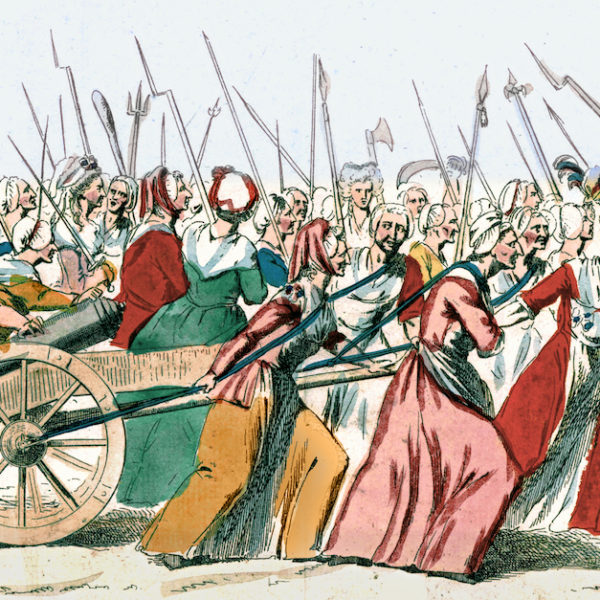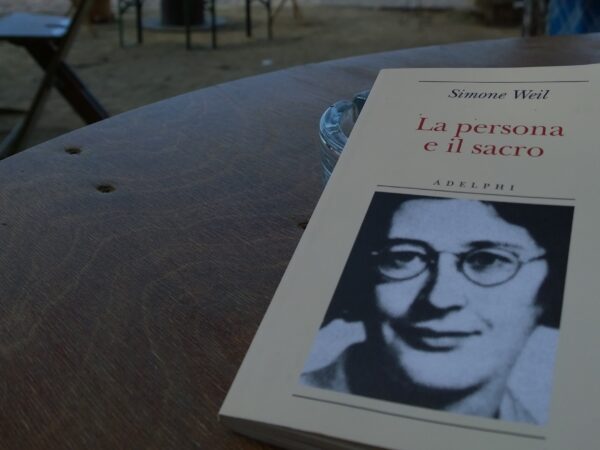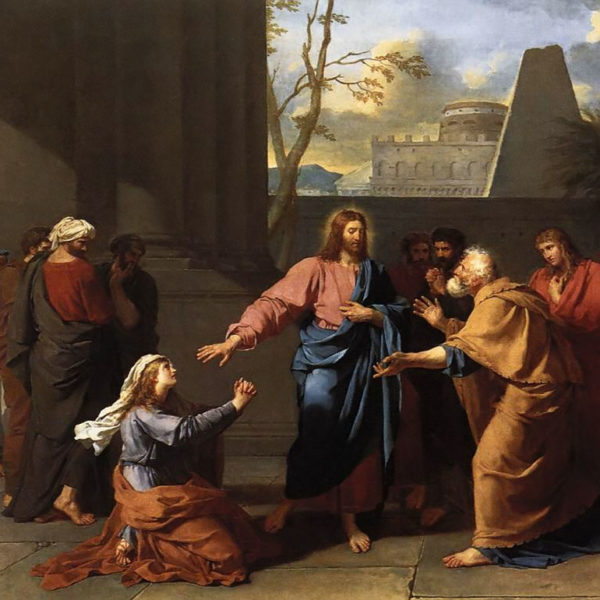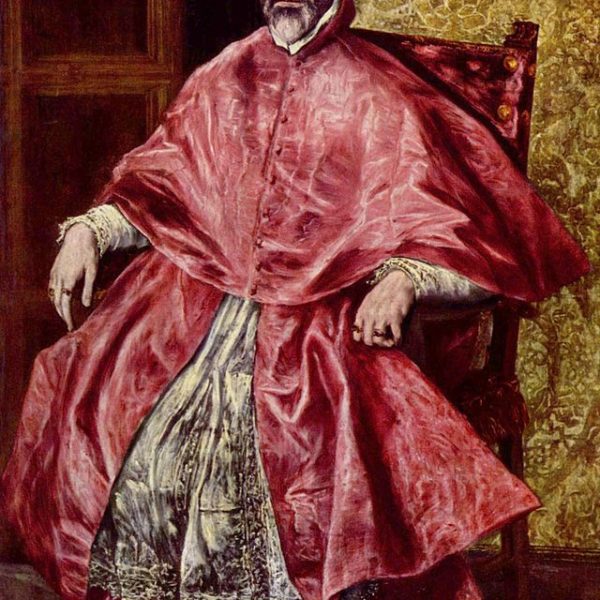
Claude Lefort (1924-2010) was a French philosopher and public intellectual who theorized modern forms of politics. He is no stranger to the field of political theology, and his well-known essay,…

…thought. Niebuhr (and most other pragmatists in the history of politics), would never countenance the chimerical notion of a post-partisan moment. Politics does not work that way, even when women…

…current politics of the white working class. They suggest that the this particular constituency is something the leadership of neither party wants, but can’t really “gift” to the other side…

Editor’s Note: I’m happy to welcome Kit Kirkland, a Ph.D student in International Relations at the University of St. Andrews whose research focuses on the relationship of Christianity and politics…
…act as a distraction from the issues which will act as crucial during a proper election campaign – jobs, economy and welfare for example. But the present mood in politics…
…and, therefore in our politics, a commitment to justice based not simply on ideology but for foremostly on an understanding of God’s participation with us. Plus the fifteen can be…





